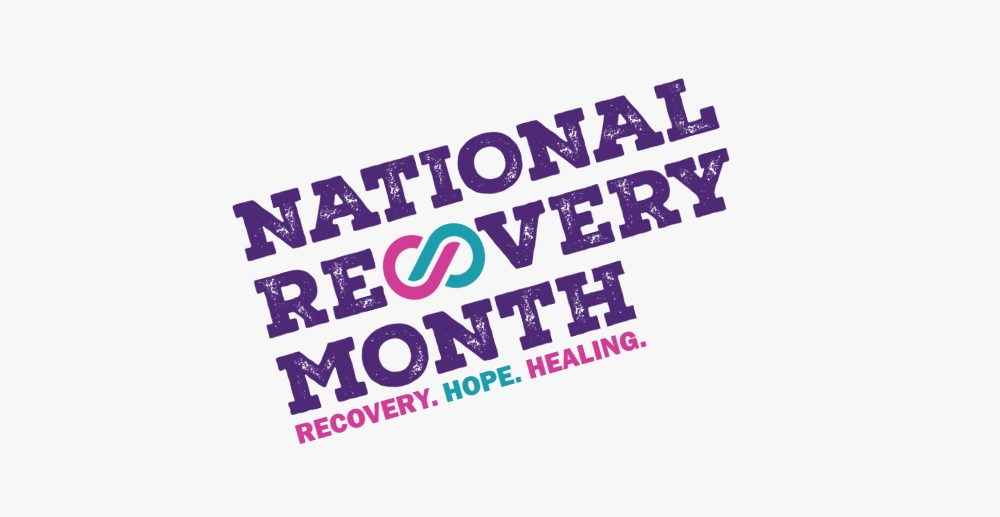The job you do can have an outsized impact on your health.
A recent study in Massachusetts illuminated which occupations carry a greater risk for opioid dependence and overdose death.
Construction workers, fishers, farmers, material movers, repairmen, transportation workers, food service workers and healthcare support workers in Massachusetts all had significantly higher rates of opioid overdose deaths compared to the average.
While there is no singular reason for these striking statistics, one common thread across all these occupations is a higher risk for work-related injury. Fishermen, for example, have the most dangerous job in the workforce, according to data from the Bureau of Labor Statistics. Being out on a boat in rough seas far from the coast contribute to a work-related death rate 25 times the national average.
“One common thread across all these occupations is a higher risk for work-related injury.”
Another contributing factor is the lack of job security or benefits such as sick leave, preventing workers from seeking help for their pain or addiction. Let’s again look at fishermen, who spend weeks out at sea. This makes it difficult to impossible to keep up with the rigorous treatment programs for opioid use disorder, which often include both therapy and medication requiring regular contact with a medical provider.
Finally, workplace culture plays a role in the increased levels of opioid use and death in these occupations. On many construction sites and at other workplaces, pain pills are readily shared among coworkers. There is also a culture of “toughness” in male-dominated occupations that encourages workers to work through the pain and to not seek help. The culture tells them they should deal with their own problems.
What can workers do to reduce occupational risk for opioid dependence?
1. Don’t share your pain pills with coworkers.
Even if they say that they have used them before, it is a bad idea (not to mention illegal) to give opioids to someone else.
2. Understand that pain is not weakness, and that seeking support is good.
Your health should be your number one priority. If you think that you are struggling with addiction, you will be better off getting treatment to reclaim your best life.
3. Visit a pain management specialist.
These medical providers can help you better manage your work-related pain, including with opioid alternatives.
4. If your work schedule makes it impossible to stay in a methadone or traditional outpatient Suboxone program, consider telehealth.
At Workit Health, if you live in one of the states where we offer clinical treatment for opioids, your clinician appointments and meetings with your group or coach all take place online.
What can employers do to reduce occupational risk for opioid dependence?
1. Make sure that your workplace is as safe as possible.
Preventing injury is the best way to make sure that opioid use disorder never starts.
2. Educate your employees on the risks of opioid medication and addiction.
Let employees know where to go if they’re struggling. Talking about addiction openly helps to create a culture where it’s okay to seek help.
3). Consider keeping naloxone at your workplace in case of emergencies.
Naloxone (brand names Narcan and Evzio) can save lives in the case of an overdose.
4). Consider offering a health plan or EAP that includes addiction treatment.
With health coverage so tied to employment, the options you offer can have a huge impact on the well-being of your employees. If your employer health insurance has good coverage for substance use disorder, or if you have an EAP that includes coaching or counseling, your employees will have the option to get help.




